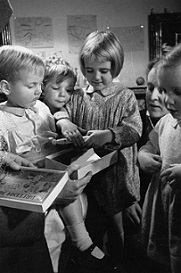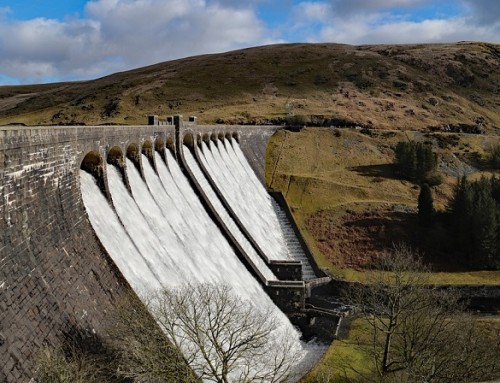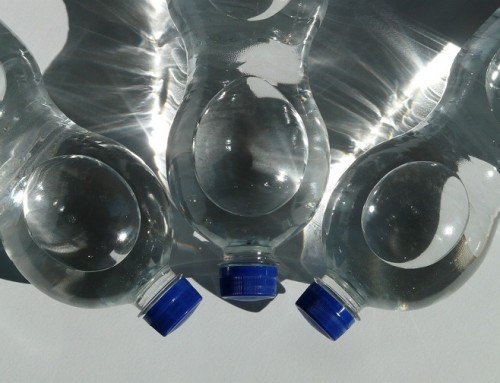 When we think about drinking water and the need to keep our bodies well-hydrated, our thoughts naturally are rather close to home. How often do we think on water and food security in child development, especially in other countries?
When we think about drinking water and the need to keep our bodies well-hydrated, our thoughts naturally are rather close to home. How often do we think on water and food security in child development, especially in other countries?
While we may live in a country where there is adequate fresh drinking water, this is not true of all countries, as recent studies have observed. The United Nations (UN) established World Water Day on 22 March every year to bring attention to water issues around the world, and some of the statistics are horrific.
If you live in a first world country then you can generally just open a tap or go to your water cooler and get a lovely cool drink of fresh, non-toxic water without thinking twice, as can your children. What about children in developing countries and in countries where there is continuous strife or war?
According to the UN, 11% of the world’s population do not have access to safe drinking water. This lack of potable drinking water bring with it other problems too, such as poor sanitation, and this results in the death of 4 000 children on a daily basis. Water is fundamental in our lives, yet we tend to take it for granted, even though in excess of one billion people worldwide do not have access to potable drinking water or clean water for hygienic reasons.
A lack of potable drinking water and sanitation impacts negatively on access to viable nutrition and food security in many countries. The human body needs fresh water that is toxin-free in order to survive and work at optimal levels. Individuals who do not have access to water will not only suffer from dehydration, but also get ill from a lack of nutrition and bad sanitation.
Water is life-giving and life-sustaining, so when we do not have access to it, we will become very ill. Children who do not have access to safe water and nutritional food will suffer malnutrition, fatigue, growth problems, muscle weakness, inhibited mental and physical development, and increased susceptibility to fatal diseases like pneumonia and diarrhoea.
While this may not apply to you or me in our first-world, safe, technologically advanced countries, it is important that we do think about our drinking water and water in general. We need to make sure that we drink enough water to stay hydrated and healthy, but also need to make sure that we do not waste the water resources that we do have. Make sure that your taps do not leak, recycle water by using it on your garden and do not shower for an hour. Remember, water is the most precious commodity on earth to humans!
Source:
Amref Health Africa
Rent water coolers London and buy water dispensers from Living-Water.





